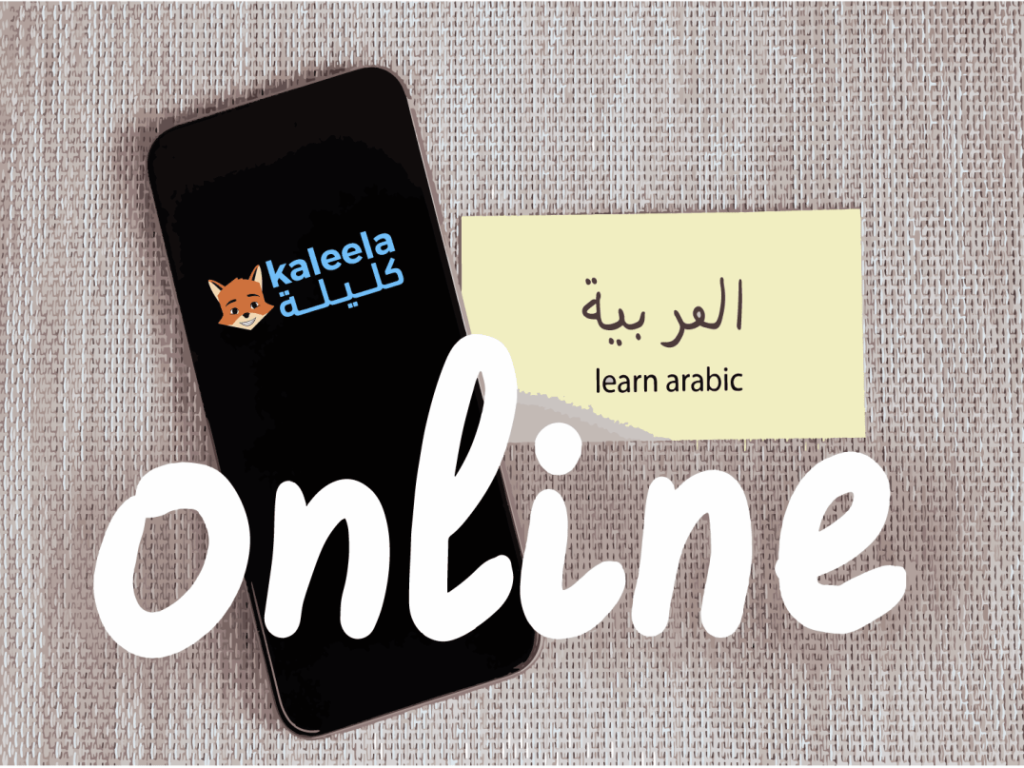Have you ever wondered why is Arabic so beautiful? Maybe you heard its melodic sounds or saw its elegant script and felt a deep sense of curiosity. The Arabic language isn’t just a tool for communication; it’s a world of beauty and creativity waiting for you to explore.
In this article, we’ll take you on a short journey to understand why Arabic is a beautiful language and what unique features make it stand out from all others.
Why Is Arabic So Beautiful? The Key Reasons
Many believe that Arabic is one of the most beautiful languages in the world, and this belief is based on several core reasons:
The Beauty of Its Sound and Rhythm
When you listen to Arabic, you might notice that it sounds like music. The sounds are harmonious, which makes it pleasant to the ear. Why does Arabic sound so beautiful? Because it is rich with a variety of sounds that create a unique rhythm when spoken, especially in poetry and when reciting the Quran. This phonetic beauty is no accident; it is the result of precise and clear pronunciations that define the language.
The Beauty of Arabic Calligraphy
Arabic script isn’t just for writing; it’s an art form in itself. The Arabic letters are fluid and can be shaped into stunning artistic forms, such as Kufic, Thuluth, Naskh, and Diwani. This visual art adds another dimension to the language’s beauty, turning its writing into a captivating masterpiece.
The Richness of Its Vocabulary
The Arabic language is incredibly rich in vocabulary, to the extent that a single word can have dozens of synonyms. For example:
- For a lion: There are names like “layth,” “haydar,” and “ghadanfar.”
- For the camel: There are words like “ir,” “naqah,” and “jamal.”
- For love: There are levels and stages such as “hawa,” “sabaaba,” “shaghaf,” and “ishq.”
The Secrets of Arabic’s Beauty and Its Amazing Structure
The beauty of Arabic isn’t superficial; it lies in its deep and logical structure, which gives it strength and stability.
The Three-Letter Root System
This is one of the most important secrets of the Arabic language. Almost every word is built upon a root of three letters. This root carries the core meaning, and adding other letters to it changes the meaning.
- Example: Take the root (K-T-B).
- kataba (he wrote)
- yaktubu (he writes)
- uktub (write! – command)
- kitaab (a book)
- maktaba (a library/bookstore)
- mukaataba (correspondence)
This system makes the language logical and systematic, making it easier for learners to understand new words once they know the root.
Precision and Clarity
Arabic is very precise in its expression, which makes it perfect for conveying complex ideas and emotions. A single sentence can often carry a meaning that would require a long sentence in other languages.
- Example: “aqbala” means “he came from the front,” while “adbara” means “he went away from behind.” This kind of precision in the verb itself makes the language powerful and concise.
Arabic and Human Heritage
Its beauty doesn’t stop at its structure and rules; it extends to its historical and cultural impact.
- The Language of Poetry and Literature: Arabic is the language of poetry and has carried on its shoulders thousands of years of rich Arabic literature. From pre-Islamic poetry to the modern era, Arabic poetry reflects the language’s beauty and its ability to express the deepest human emotions.
- Its Influence on Other Languages: Arabic has had a significant impact on other languages, such as Persian, Turkish, Urdu, Swahili, and even Spanish and Portuguese. You can find many Arabic words in these languages, a testament to its cultural reach.
Conclusion
In short, Arabic is a beautiful language in every sense of the word. Its beauty isn’t limited to its form and sounds; it extends to its rich, logical structure, which makes it a deep and flexible language. Why does Arabic sound so beautiful? Because it combines art, logic, and a great history.
If you’re learning Arabic, know that you’re not just learning a language; you’re opening the door to a world of culture, literature, and endless beauty.
If you wish to learn more about the Arabic language, download our Arabic learning app.



